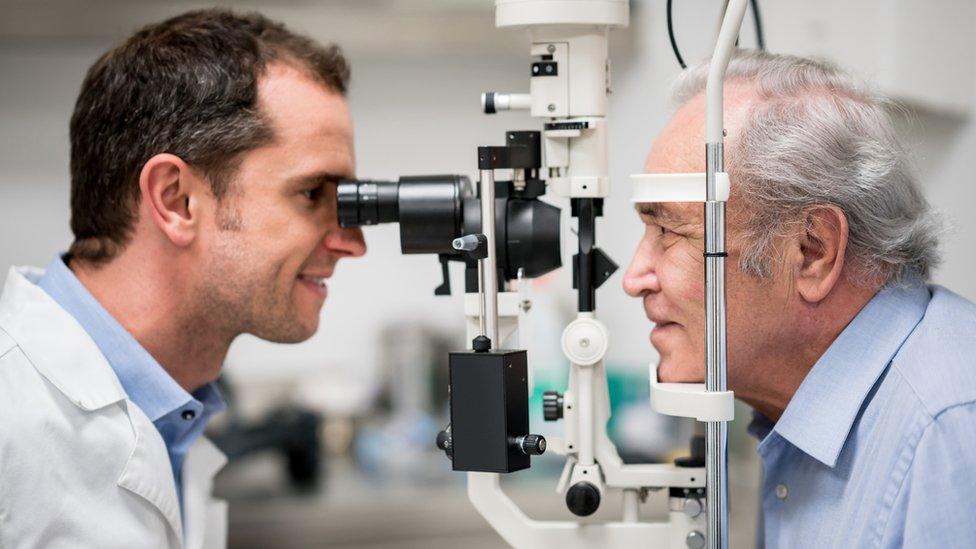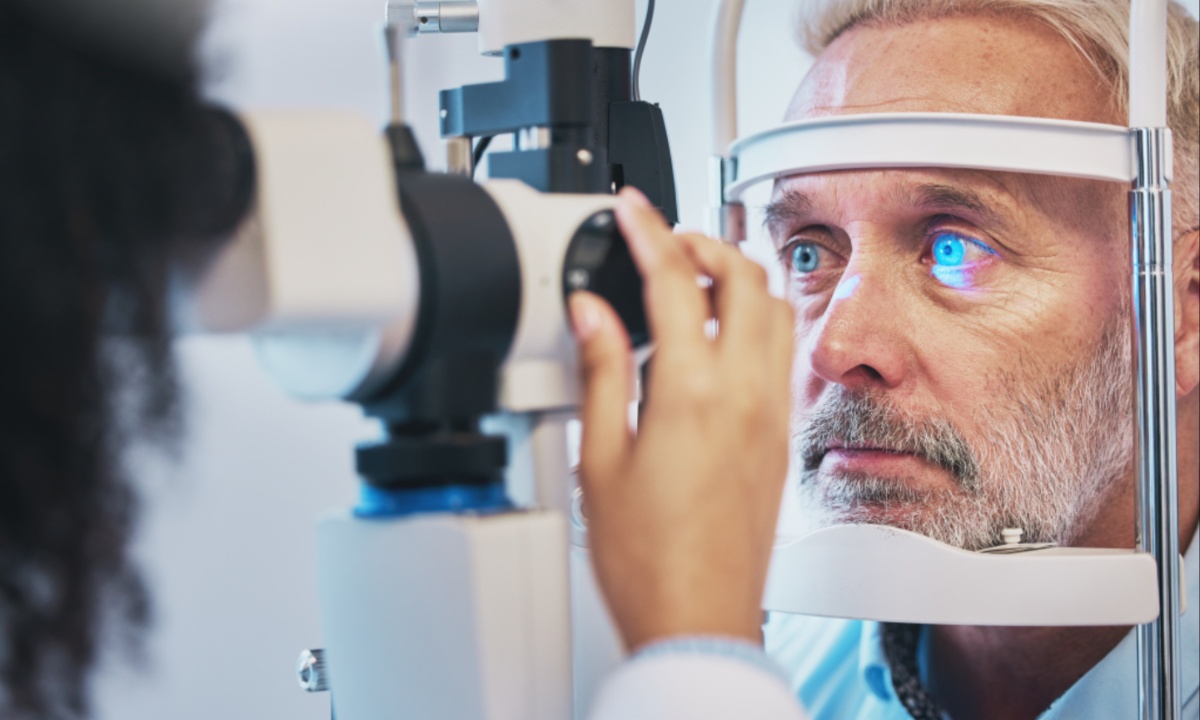Dementia, a debilitating condition impacting nearly one million individuals in the UK, is primarily recognized for its hallmark symptoms of memory loss, cognitive decline, and changes in behavior. However, Dr. Jørn Slot Jørgensen from the Laser Eye Clinic London has shed light on an intriguing dimension of this condition: early signs of dementia can manifest in the eyes. This insight underscores the importance of regular eye check-ups, as many people mistakenly believe that visits to an eye specialist are only necessary in the presence of eye-related issues.
Dr. Jørgensen emphasizes the misconception surrounding the role of ophthalmologists. He explains that these specialists can often be the first to detect significant medical conditions, including dementia, because initial symptoms may be evident in the eyes. This observation highlights the interconnectedness of eye health and overall cognitive well-being, urging individuals to consider how changes in their vision might reflect broader health concerns.

The symptoms of dementia that may be linked to visual changes include difficulties in judging distances or differentiating colors, which are indicative of visual perception problems. Additionally, challenges with reading and writing can arise, where individuals struggle to comprehend text or articulate their thoughts accurately. Visual hallucinations may also occur, causing individuals to perceive things that aren’t there while recalling familiar faces or objects may become increasingly difficult as the disease progresses.
Despite these potential indicators, many of these vision-related changes often go unnoticed for an extended period. Dr. Jørgensen notes that the variability in symptom onset can lead to delays in diagnosis, with some signs being subtle and not readily apparent. This variability underscores the necessity for individuals to be proactive about monitoring their vision and seeking medical attention if they experience any unusual shifts.
Recent research further supports the significance of early detection. A study conducted by the UCSF Weill Institute for Neurosciences found that retinal scans could identify critical blood vessel changes associated with Alzheimer’s disease in its early stages. Fanny Elahi, the study’s lead researcher, highlighted the impact of genetic factors, specifically the APOE4 variant, on the risk of neurodegenerative diseases. In addition, the NHS lists common dementia symptoms, such as memory loss and confusion, emphasizing the importance of consulting a GP if these signs are observed.
